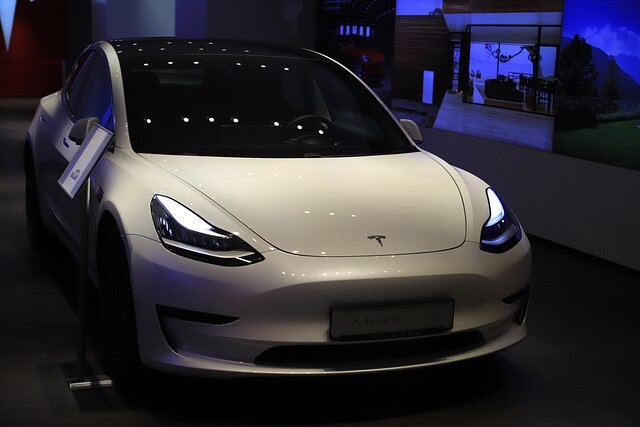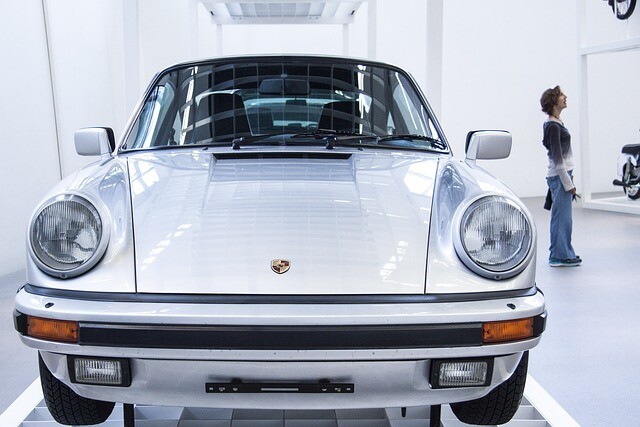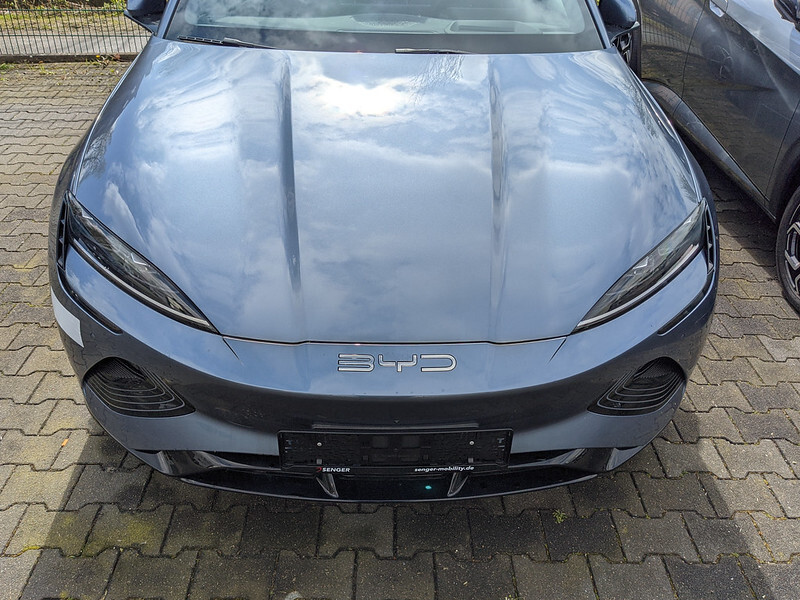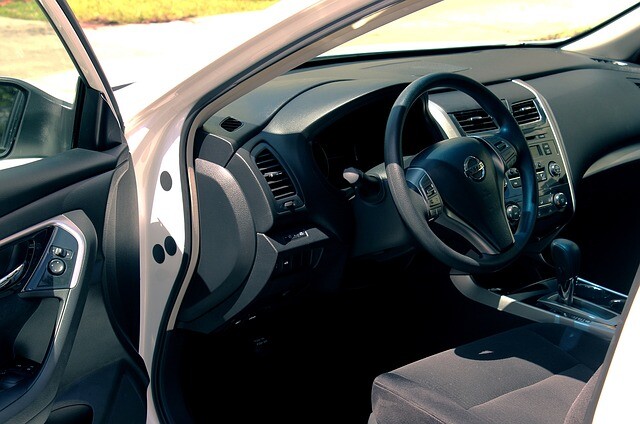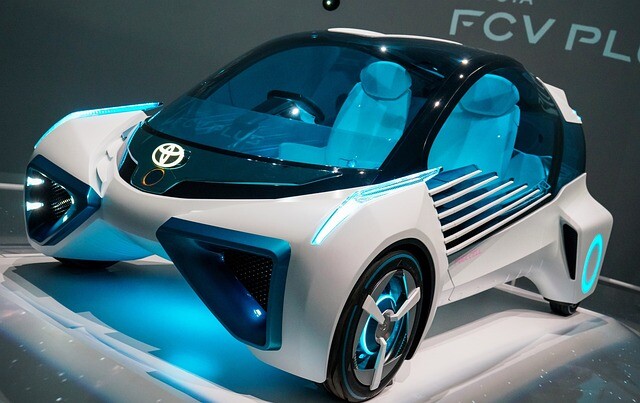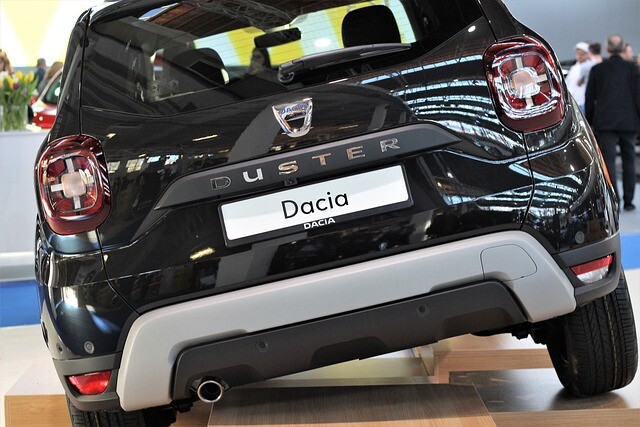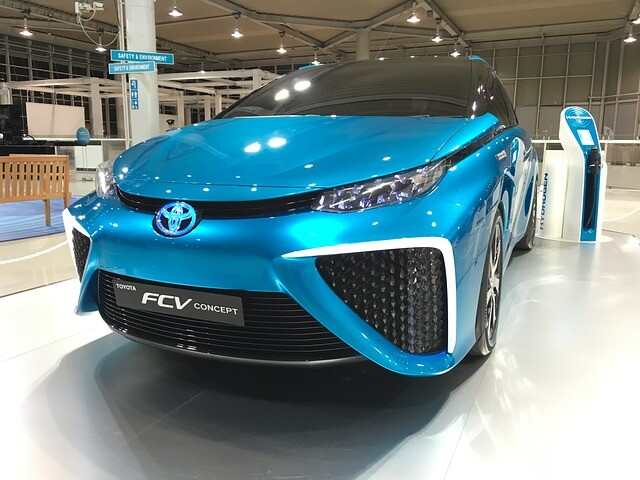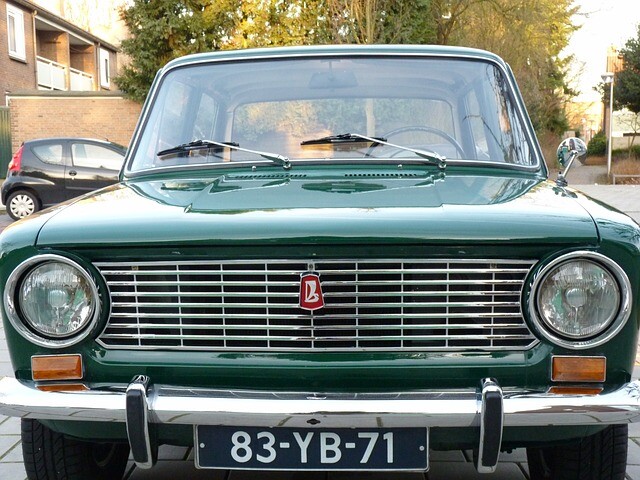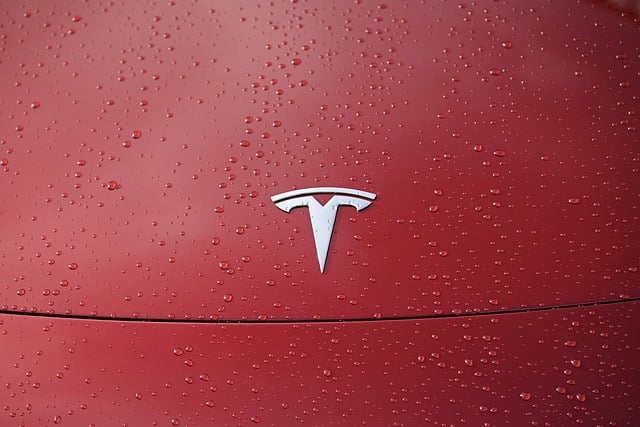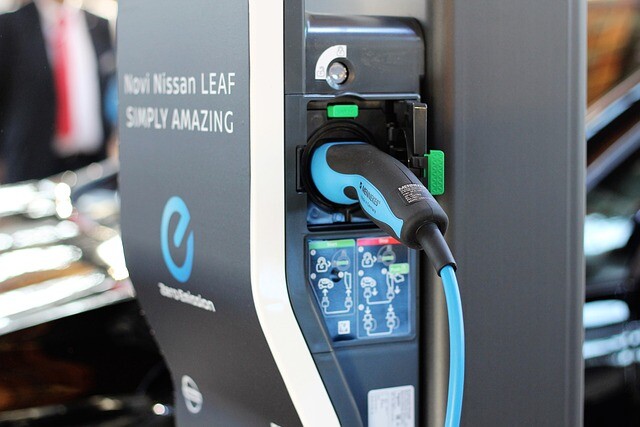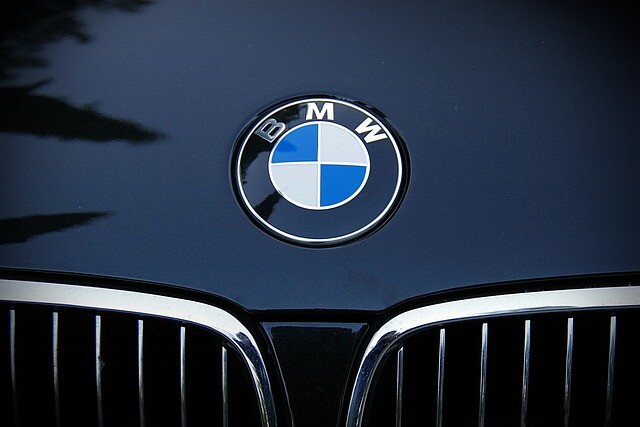Uniqueness must be paid for
BMW would redefine the concept of options and standard accessories. It is planned that everything will be built into every car in the future, but we can only use what we pay for.
As in any manufacturing sector, the automotive industry has a special burden of diversity. Uniform manufacturability can be worthwhile even if, in return, you have to put items in a car that the customer does not specifically pay for - as exemplified by the myriad of well-equipped, affordable limited series.
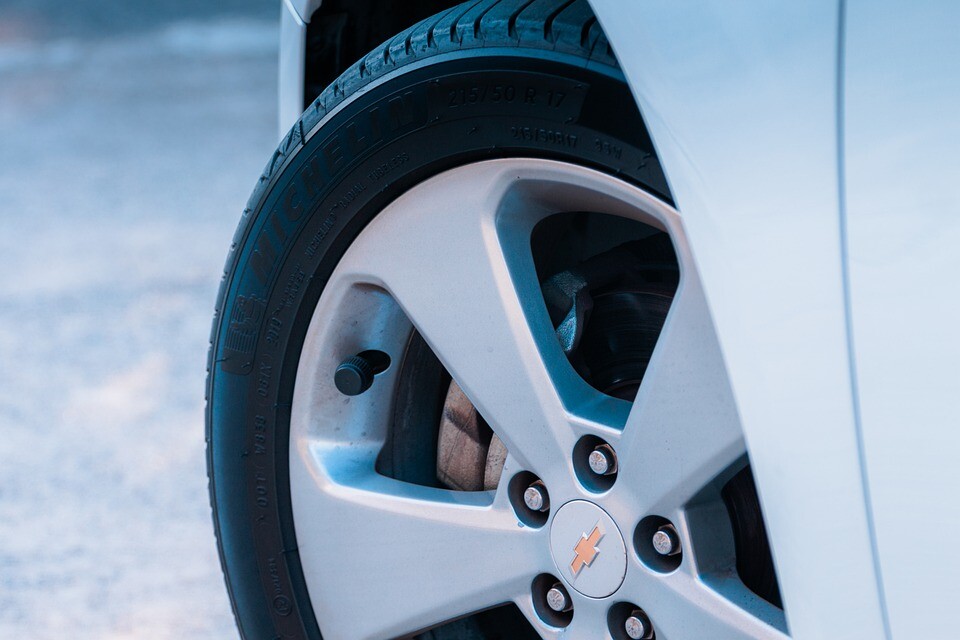
BMW would now take this practice to a higher level: in the future, they envisage marketing its vehicles with a uniformly rich set of equipment, but would make the availability of certain features subject to a subscription.
This is a sensible solution in many ways: a buyer in southern Italy, for example, has no need for seat heating, but if you sell the car to a Swedish or Norwegian buyer, you don’t have to do the feature in the car afterwards: just subscribe to the feature and it works. Similarly, it would be enough to activate the semi-autonomous transport functions (which keep the direction and speed on the highway) for the two weeks we go on holiday, otherwise we would not be near the highway on weekdays.
The design would also be suitable for finding out in practice whether a modern function is really useful to us - say a cruise control, adaptive lighting or a parking robot. Most of these driver support functions use the same sensor bundle from the outset, so the camera, the radars, have to be built into the car anyway; it is sufficient to update the control software to enable or disable them. So in the future, we wouldn’t have to pay for what we don’t use - not to mention the cost of purchasing the car would be spread over time, thus easing the financial burden on customers.
(Source: vezess.hu / photo: pixabay.com)

